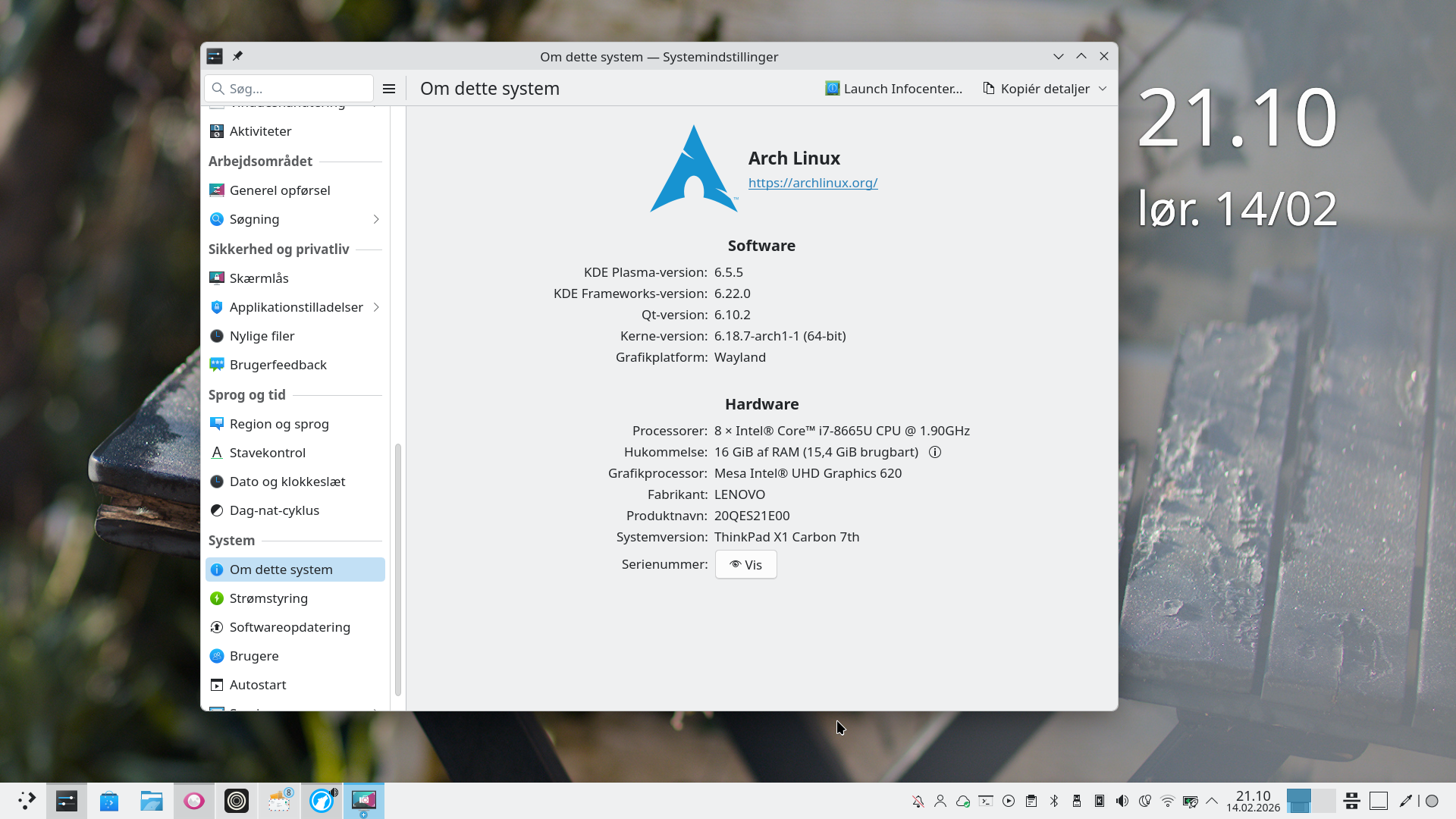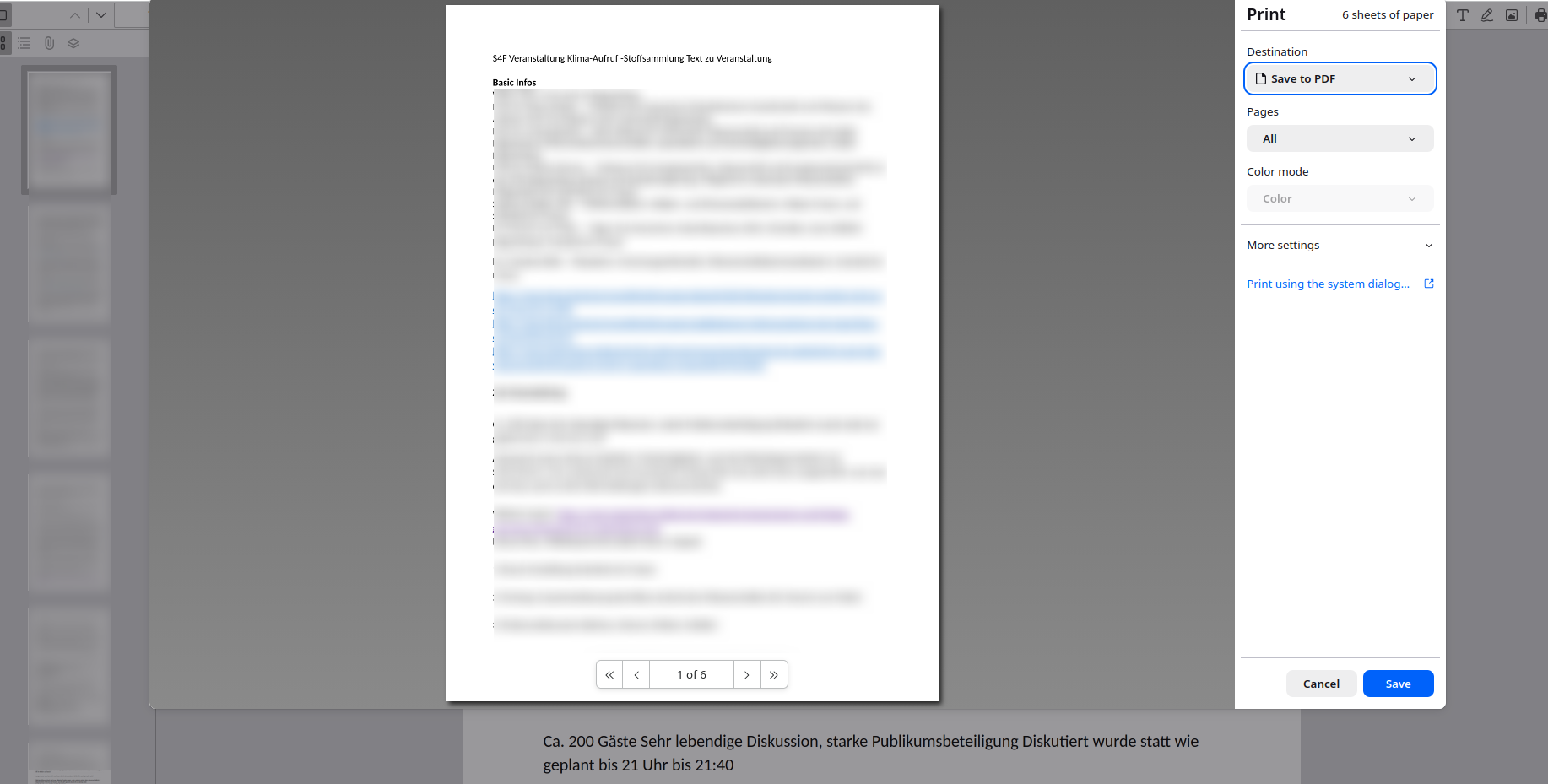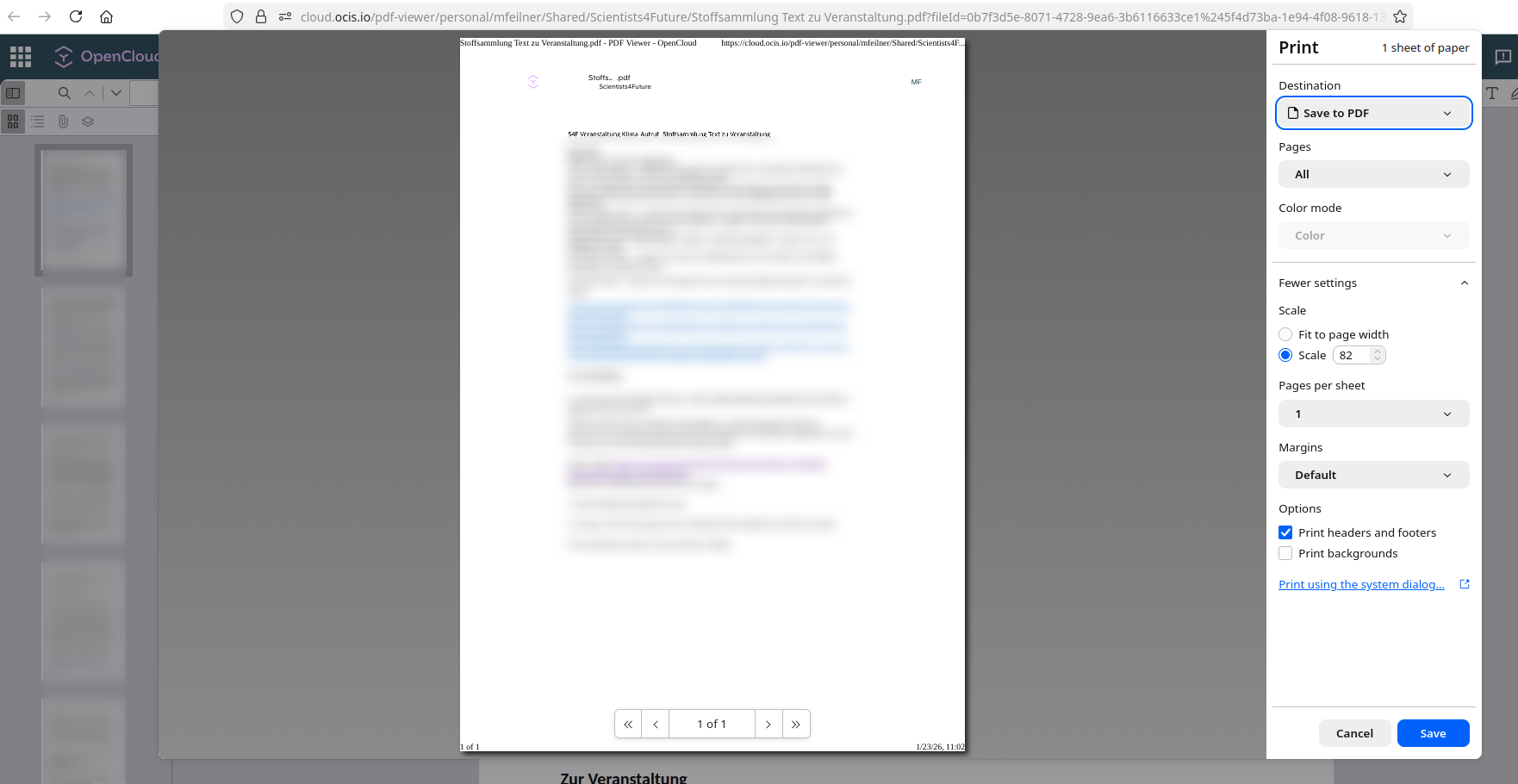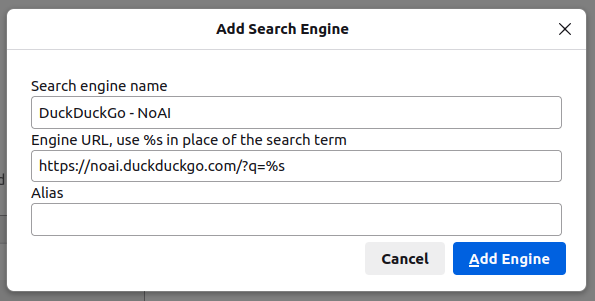If anyone is getting "LibreWolf is damaged and should be deleted" messages on your macOS machine, making it impossible to launch, run this command:
xattr -dr com.apple.quarantine /Applications/LibreWolf.app
This is because LibreWolf isn't notarized right now; this command dequarantines it and makes it executable.
#librewolf #apple #macos #firefox #browser #opensource #libre #foss #mac











